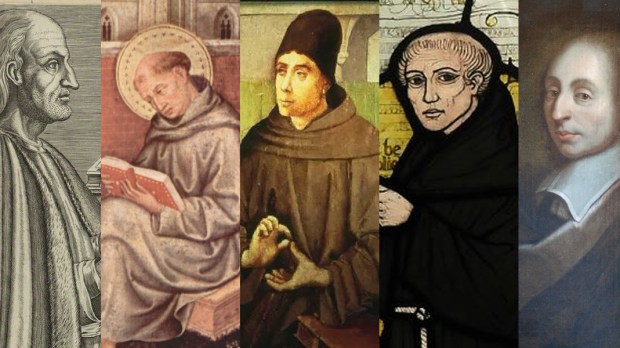The Catholic Church has a great love of philosophy. The Church has always believed that faith and reason — far from being in opposition — both lead us to God, who is Truth. The Church, as always, continues to encourage Catholics to delve deeply into philosophical thought.
For inspiration, here are five famous Catholic philosophers.
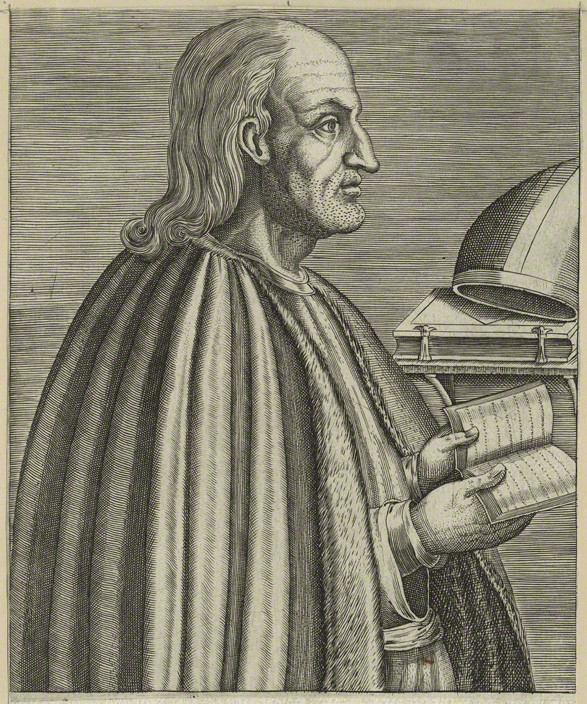
St. Anselm
A 12th-century Benedictine monk, Anselm is most well known for his Ontological Argument for the Existence of God and is sometimes referred to as the “Scholastic Doctor.” His work in philosophy was very influential and helped place a foundation for others to build on.
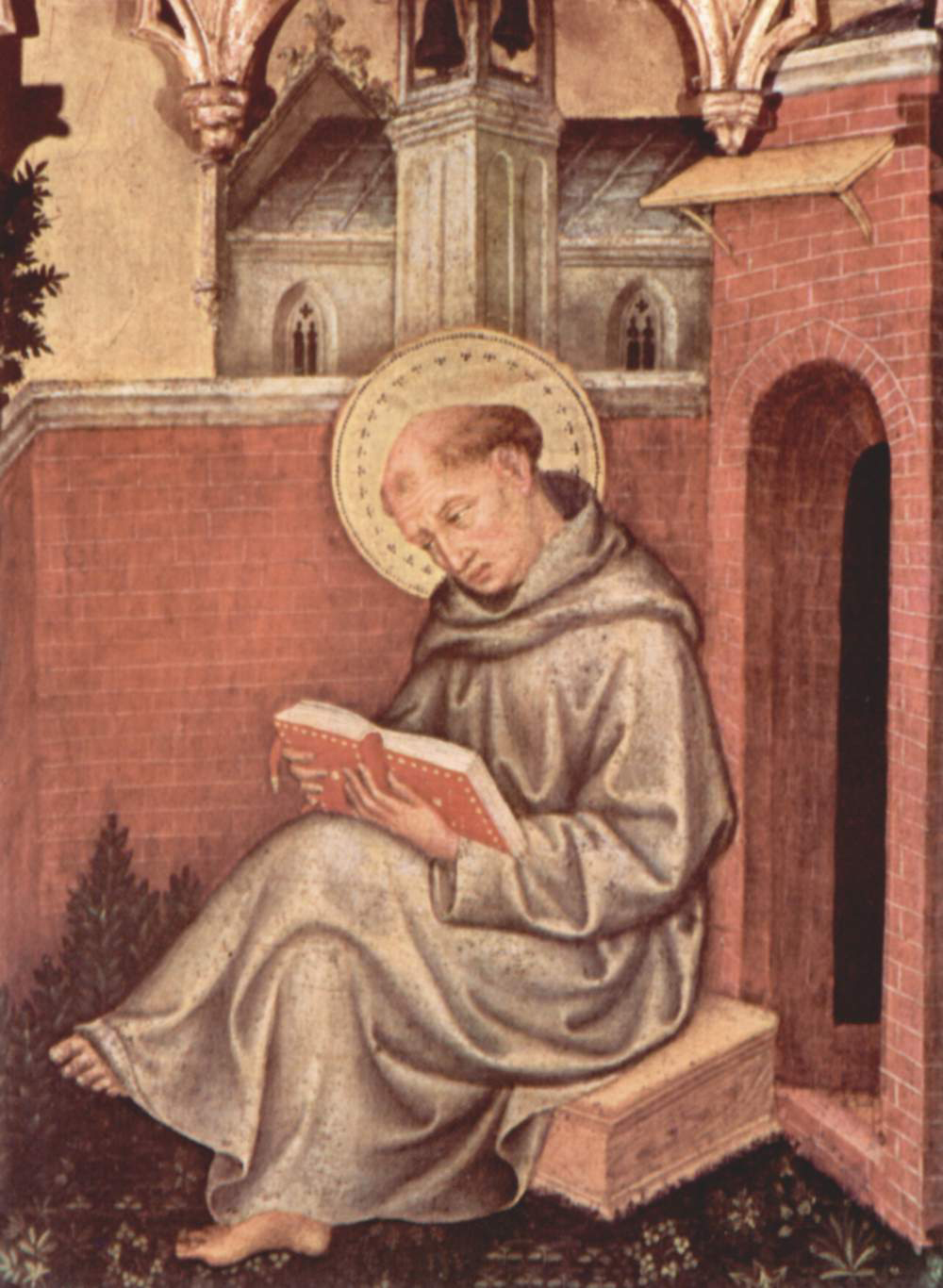
St. Thomas Aquinas
A philosophical giant of the 13th century, Thomas Aquinas’s Summa Theologiae is still a required text in many Philosophy programs. He was an expert at argumentation and his detailed thought is unparalleled in the history of the Church. Yet, near the end of his life he saw a vision of God and afterwards said, “all that I have written seems like straw to me.”
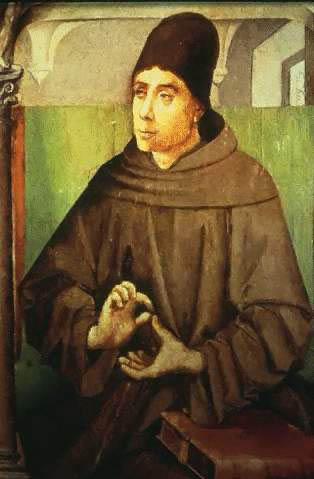
Blessed Duns Scotus
A Franciscan scholastic of the 13th century, Scotus made great strides in metaphysics and made a complex argument for the existence of God. He is known as one of the four great philosophers of High Scholasticism.
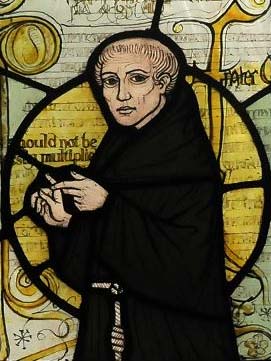
William of Ockham
A highly influential philosopher of the 14th century, Ockham taught a philosophy of simplicity. He is widely known for “Ockham’s Razor” that is commonly interpreted to mean that the simplest solution is always the best one. Many of his philosophical views were controversial for his time.

Blaise Pascal
A French mathematician, scientist, philosopher and inventor of the 17th century, Pascal made many contributions that are seen today. Many know him for “Pascal’s triangle” in mathematics. He also is famous for “Pascal’s Wager,” a philosophical wager that is often used in apologetics. It suggests that people should live as if there is a God, betting on the chance that there is, rather than living like there isn’t a God, and being surprised in the afterlife by the reality of Hell.
Read more:
Bill Nye Is Not “The Philosophy Guy”
